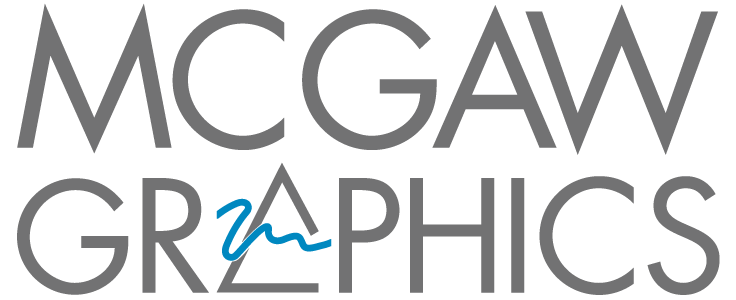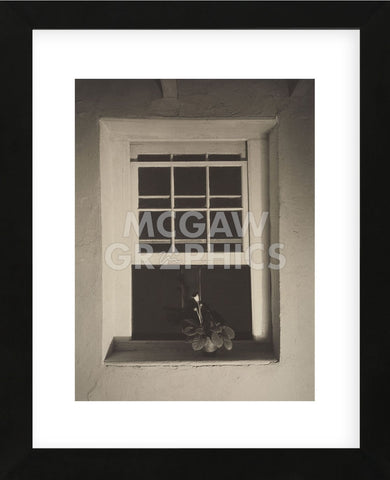Product Detail
- Overall: 16" H x 13" W x 0.75" D
- Overall Product Weight: 2.5lb.
- Material: Glass
- High-quality print on heavy paper
- Printed with vibrant, color-fast inks
- Framed in a contemporary style molding; available in black, gold, and white
- Sawtooth hanger
- Unmatted
Photograph Museum of Fine Arts, Boston
Product Detail
- Overall: 16" H x 13" W x 0.75" D
- Overall Product Weight: 2.5lb.
- Material: Glass
- High quality print on heavy paper
- Printed with vibrant, color-fast inks
- Framed in a contemporary style molding; available in black, gold, and white
- Sawtooth hanger
- Unmatted
About the Artist
Painter and photographer Charles Sheeler was the inventor and chief proponent of a style of modern art he called Precisionism. Sheeler envisioned Precisionism as the artistic manifestation of industrialism, producing homages to the bold, streamlined structures of the modern age.
Sheeler studied painting at the Pennsylvania Academy of the Fine Arts in Philadelphia and then traveled to Paris where he was deeply influenced by modernist painters such as Cézanne and Picasso. Sheeler took up commercial photography to earn money, but soon realized that photography could serve him artistically, as well. He began photographing an old farmhouse in ways that emphasized its stark, modernistic spirit. Next he turned his attention to the industrial landscape, finding a common sensibility in the spare, functional look of both farm buildings and factories. When Sheeler was commissioned by the Ford Motor Company to document its River Rouge assembly plant near Detroit, Michigan, he produced photos that made it seem as exalted as a church.
Although Sheeler was better known as a painter during his lifetime, in retrospect some critics have found his photographs to have the greater enduring value. In 2002, the Museum of Fine Arts in Boston, Massachusetts, organized an exhibition devoted entirely to Sheeler's photographs.





